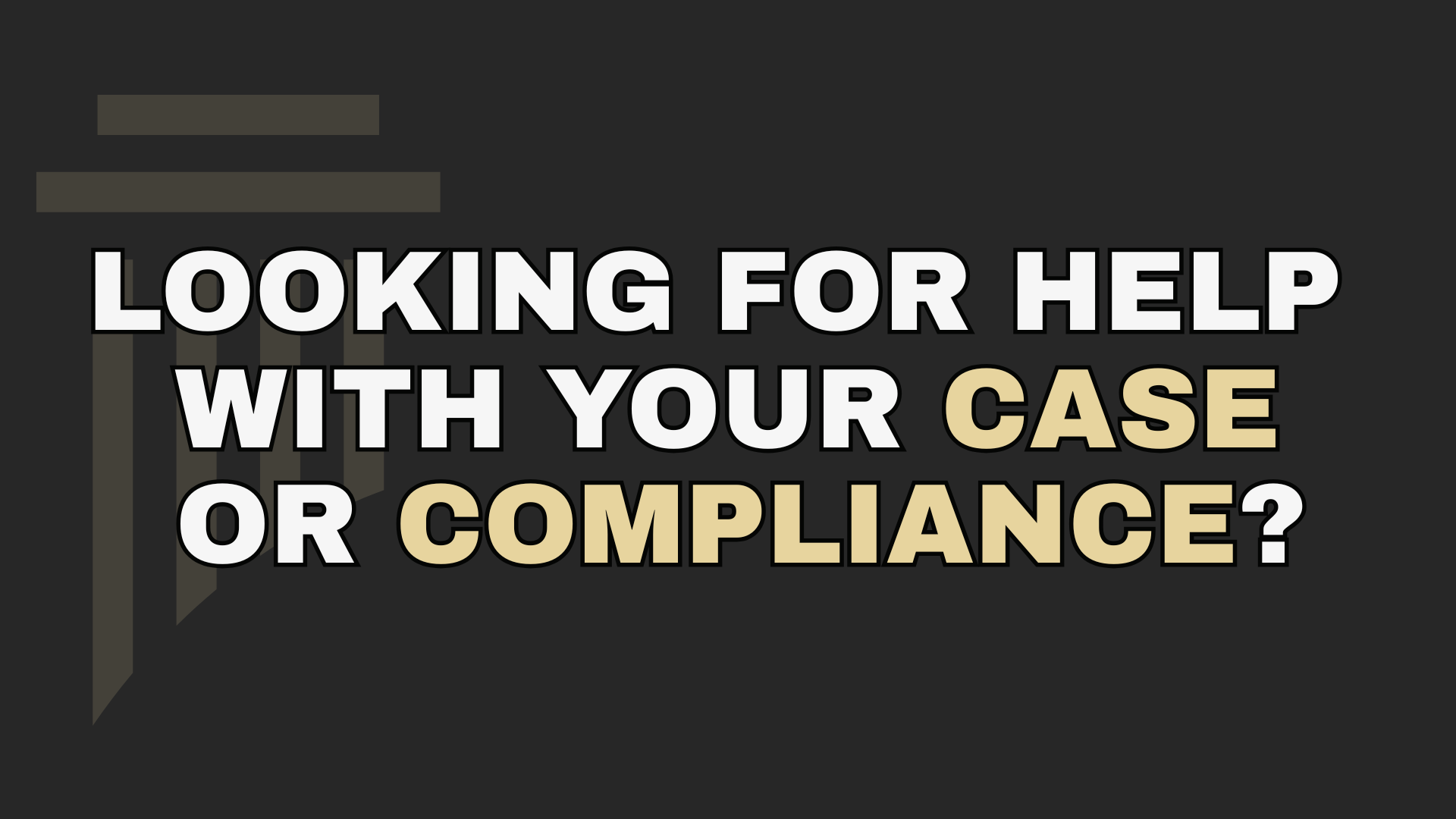Certified True Copies in Ontario: When Do You Need Them?
Table of Contents
What Is a Certified True Copy in Ontario?
Why Are Certified True Copies Important?
Common Situations Where Certified True Copies Are Required
Immigration Applications (IRCC, Foreign Embassies)
Business Filings & Contracts
Educational Credentials (Universities, Licensing Bodies)
Real Estate & Property Transactions
Court & Government Filings
Certified True Copies vs. Notarized Documents: What’s the Difference?
How to Get a Certified True Copy in Ontario (Step-by-Step Guide)
Risks of Not Using a Properly Certified Copy
How Venti Legal Simplifies the Process
Conclusion
FAQs
1. What Is a Certified True Copy in Ontario?
A certified true copy is a photocopy of an original document that has been verified by a lawyer, notary public, or commissioner of oaths as being a true and accurate reproduction of the original. In Ontario, this certification requires a legal professional to compare the original with the copy and then stamp, sign, and date the document.
This process ensures that the copy can be relied upon by institutions—such as government agencies, immigration authorities, or banks—without requiring the original.
2. Why Are Certified True Copies Important?
Certified true copies serve two key purposes:
Authenticity: They assure the receiving authority that the copy has not been altered.
Convenience & Security: They allow individuals and businesses to submit official documents without risking loss or damage of the original.
For example, submitting your original passport to multiple institutions is risky. A certified true copy provides a legally recognized alternative.
3. Common Situations Where Certified True Copies Are Required
Immigration Applications (IRCC, Foreign Embassies)
The Immigration, Refugees and Citizenship Canada (IRCC) often requires certified true copies of passports, birth certificates, marriage certificates, and educational transcripts. Foreign embassies may also demand certified true copies when processing visa applications.
Business Filings & Contracts
Ontario corporations and partnerships may need certified true copies of incorporation documents, shareholder agreements, or board resolutions when filing with regulators or dealing with financial institutions.
Educational Credentials
Universities, licensing bodies, and professional associations in Ontario frequently require certified true copies of diplomas, transcripts, or professional licenses—particularly when credentials are obtained outside Canada.
Real Estate & Property Transactions
Certified true copies are commonly requested in real estate closings, especially when dealing with title transfers, property ownership disputes, or mortgage approvals.
Court & Government Filings
Courts in Ontario may require certified true copies of evidence, contracts, or affidavits. Similarly, ministries and provincial regulators often demand them for official filings.
4. Certified True Copies vs. Notarized Documents: What’s the Difference?
It’s easy to confuse the two, but they are distinct:
Certified True Copy: Confirms that a photocopy is identical to the original.
Notarized Document: Confirms that the signature on a document is genuine, often witnessed in person by a notary.
Some applications require both—for example, a notarized affidavit with certified true copies of supporting documents.
5. How to Get a Certified True Copy in Ontario (Step-by-Step Guide)
Bring the Original Document: A notary cannot certify a copy without seeing the original.
Provide the Photocopy: You can bring your own copy or ask the notary to make one.
Verification: The notary carefully compares the original with the copy.
Certification: The notary stamps, signs, and dates the copy with the statement: “I certify this is a true copy of the original document.”
Receive Your Certified Copy: You can now submit it wherever required.
6. Risks of Not Using a Properly Certified Copy Application Delays: Submitting an uncertified photocopy can lead to processing delays.
Rejection: Immigration or court applications may be outright rejected.
Legal Consequences: Providing falsified or uncertified documents can lead to penalties, particularly in immigration or regulatory matters.
7. How Venti Legal Simplifies the Process
At Venti Legal, we streamline the notarization process so you don’t have to worry about rejected applications or costly delays. Our notary services include:
Fast and professional certification of true copies for immigration, business, and court use.
Flexible scheduling to accommodate urgent deadlines.
With our experience in Ontario notary law, you get peace of mind knowing your documents meet every legal requirement.
9. Conclusion
Certified true copies are a vital part of Ontario’s legal and administrative framework, particularly for immigration, business, and court processes. Submitting uncertified documents risks delays, rejections, and unnecessary stress.
At Venti Legal, we make the process quick, professional, and compliant—so you can focus on your future, not your paperwork.
Book a Consultation on Your Matter
Insert final call to action here. Insert final call to action here. Insert final call to action here.
📍 Serving: Toronto | Mississauga | Vaughan | Hamilton | Ottawa | Across Ontario
📞 416 549 8012
🌐 www.ventilegal.com
📩 Online inquiries answered promptly
VENTI Legal Services
Regulatory Defence. Traffic Offences. Minor Criminal.
This isn't law. This is leverage.
FAQs
-
Description textOnly lawyers, notaries public, and commissioners of oaths can certify true copiesgoes here
-
Some banks will certify copies for their internal purposes, but most external institutions require a notary or lawyer.
-
Most certifications can be completed in minutes, provided you bring the original document.
-
Yes, certified true copies from an Ontario notary are generally accepted across Canada and abroad—though requirements vary by country.
-
The copy itself doesn’t expire, but institutions may require recent certification (usually within six months).




